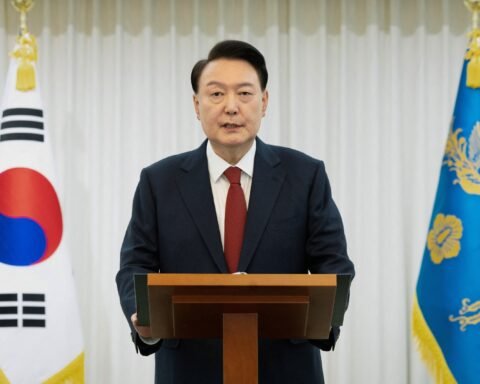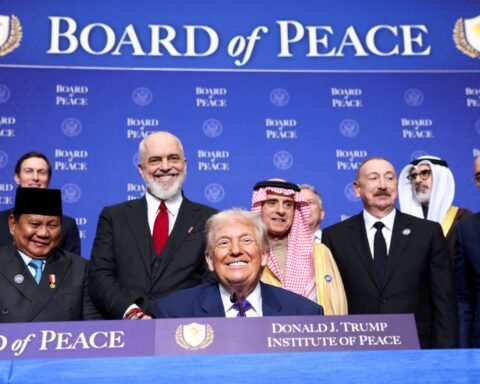European Union countries have started importing large quantities of liquefied natural gas (LNG) from Russia, totaling over $1 billion per month.
This marks a significant increase in the trade of Russian energy with the EU, despite the ongoing geopolitical tensions and the EU’s previous efforts to reduce reliance on Russian energy sources.
Throughout 2024, the EU collectively received nearly 17.8 million tonnes of Russian LNG, setting a new record for imports, even as the political landscape remains fraught. The increase can largely be attributed to attractive pricing from Russian suppliers, making their LNG a more affordable option for European countries facing energy demands during a volatile period.
France, Belgium, and Spain have emerged as the primary importers, accounting for around 85% of these shipments. France alone spent an estimated €2.68 billion on Russian LNG, while Spain followed with €1.84 billion and Belgium spent around €930 million. With energy prices being a significant concern, these countries have found Russian LNG to be a cost-effective solution, despite the political challenges.
Also Read; Putin Agrees to Pause Strikes After
Trump Call
However, the surge in imports has raised concerns among policymakers and environmental groups. Critics argue that purchasing LNG from Russia undermines the EU’s goals of reducing fossil fuel dependence and moving toward greener energy sources. These developments are sparking debates about the EU’s energy strategy and whether the financial benefits of cheaper energy outweigh the geopolitical risks involved.
As Europe faces the complexities of balancing energy security with political and environmental commitments, the trend of importing Russian LNG will likely remain a hot topic. The coming months will be crucial as EU countries weigh their short-term energy needs against their long-term goals of sustainability and reducing dependency on Russia.







